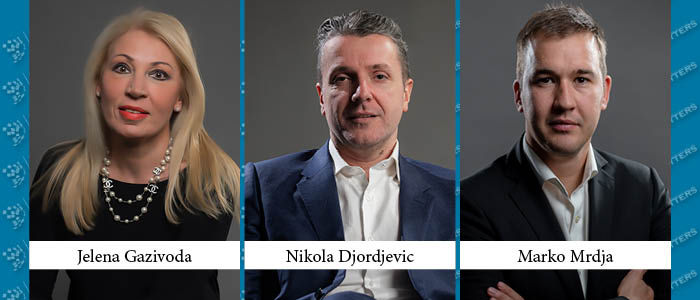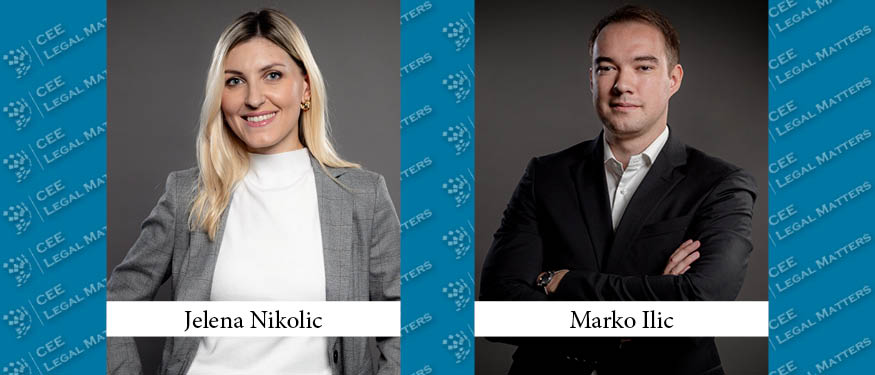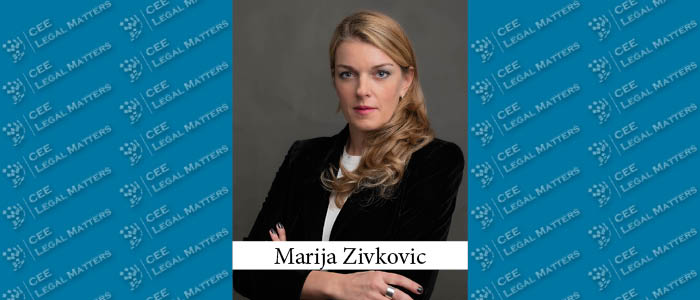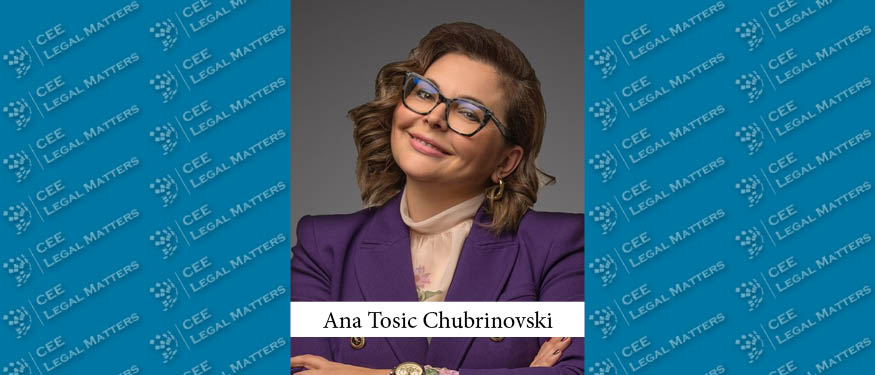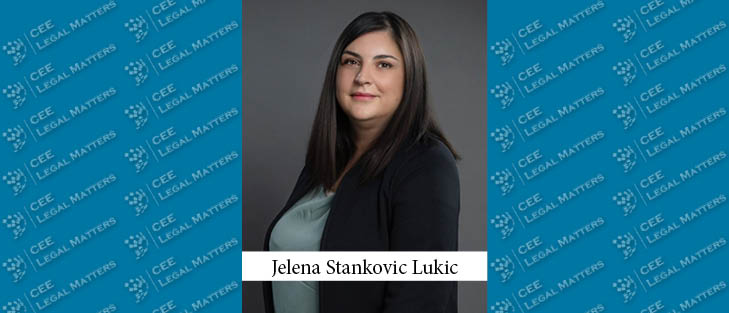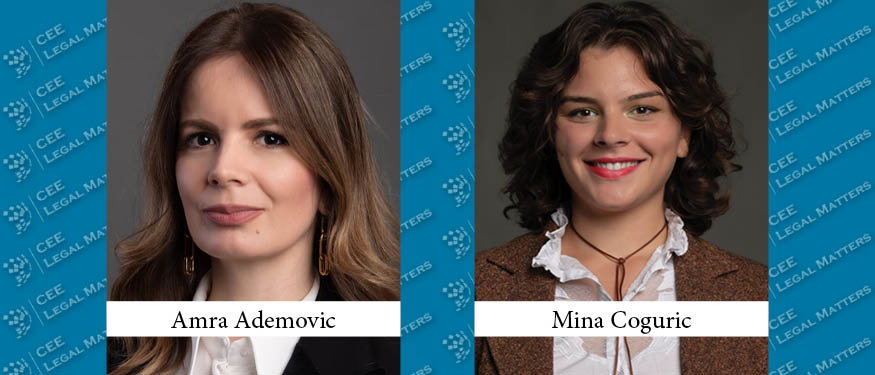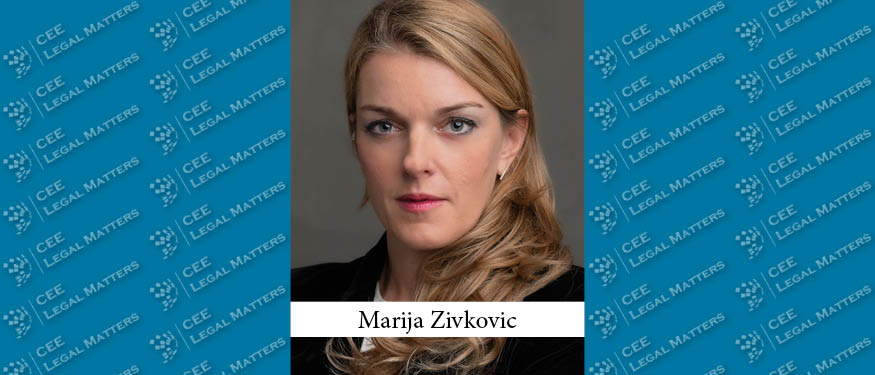Properly defined, provisional measures are awards or orders issued for the purpose of protecting one or both parties from the potential damage during the court process. Most often, provisional measures are intended to preserve a factual or legal situation in order to safeguard a right, the recognition of which is sought from the court having jurisdiction over the substance of the case. Additionally, provisional measures can extend beyond merely preserving the factual or legal status quo to require restoring a previous state of affairs or taking new actions.
A Drive to Diversify Serbia’s Energy Mix
The Serbian energy market is characterized by a strong reliance on coal, while aiming to significantly increase the share of renewable energy sources (RES) in total electricity production. The Strategy on Energy Development until 2040 with the Projection until 2050 (Strategy), adopted in 2024, sets forth as its main goals: energy security, the decarbonization of the energy sector, environmental protection, improvement of energy efficiency, and the establishment of an economically competitive energy market. Serbia is now producing approximately 60% of its electricity from coal, with RES’s share in the total production portfolio targeted to increase to 45% by 2030 and 73% by 2040.
Extraordinary Increase of Minimum Wage
At the meeting of the Social-Economic Council of the Republic of Serbia, a decision was made on an extraordinary increase in the minimum wage in Serbia, which enters into force on 1 October 2025.
Paid Annual Leave – A Legal Right and the Key to Personal Well-Being
It’s mid-July, the summer is in full swing, and most of us are either on annual leave or eagerly counting down the days until we can finally unplug and recharge. That’s why I decided to dedicate this light, summer-friendly topic, perfect for reading in the shade at +35°C, to reminding us that the right to paid annual leave is not only one of the fundamental human rights, but also a necessary response to the lifestyle we lead.
The New Law on Labour Engagement of Persons – A True Reform or a Partial Solution?
With the adoption of a new legislative solution in the Republic of North Macedonia, introduced through the Law on Labour Engagement of Persons, which shall enter into force on 1 January 2026, a systemic and coherent framework will be established for the regulation of temporary and seasonal labour engagement. The primary objective of this law is to formalize a segment of the labour market that, to date, has remained largely unregulated or informal, with particular focus placed on three sectors: agriculture, hospitality, and domestic services.
New Amendments Of The Laws And Bylaws Regulating The Protection Of Financial Services Users And The Banking Sector
The National Assembly of the Republic of Serbia has adopted a set of laws regulating the banking sector and the protection of financial services users on March 6th this year:
Kinstellar and Freshfields Advise on Strabag's Acquisition of WTE Wassertechnik
Kinstellar, working alongside Noerr, has advised Strabag on the Romanian, Croatian, Czech, and Montenegrin aspects of its EUR 100 million acquisition of WTE Wassertechnik from EVN. Freshfields advised EVN.
New Rulebooks and Approaching Deadlines for the Harmonization of the Organizing of Games of chance with the Law on Games of Chance
The Law on Amendments and Supplements to the Law on Games of Chance, adopted by the end of 2024 and applied as from 6 January 2025, has brought several important changes and new legal solutions that have arisen from the needs of practice and market development. In addition to harmonizing the text of the law with the technological development in this area, the amendments to the law introduced new obligations for organizers and a significant increase in fees for obtaining approval and for organizing games of chance.
New Legal Framework for the Protection of Collective Consumer Interests
The Ministry of Economic Development has conducted a public consultation on the draft Law on Class Actions. The primary reason for adopting a special law which regulates matters related to the collective protection of consumers is, above all, the harmonization of Montenegrin legislation with EU law, specifically with Directive (EU) 2020/1828 on representative actions for the protection of the collective interests of consumers and repealing Directive 2009/22/EC. The goal is to prevent and sanction mass violations of consumer rights by traders in the market, while also ensuring fair compensation for harmed consumers. In this text, we briefly present the most important amendments and innovations introduced by the draft Law on Class Actions.
New Energy Law in North Macedonia
On May 21, 2025, the new Energy Law was published in the Official Gazette of the Republic of North Macedonia, adopted by the North Macedonia Assembly on May 14. This systemic and reform-oriented law marks a pivotal step in the transformation of the national energy sector, aligning it with European standards, sustainable development goals, and consumer protection principles.
JPM Partners Advises MFI Flex Credit on Obtaining Microcredit Financial Institution License in Montenegro
JPM Partners has advised MFI Flex Credit on obtaining a license to operate as a microcredit financial institution from the Central Bank of Montenegro.
Hot Practice in Serbia: Jelena Gazivoda on JPM & Partners’ Energy Practice
JPM & Partners’ energy practice has been busy with projects ranging from drafting Network Codes for transmission system operators, expanding Serbia's gas storage, advising on certification for and obtaining different energy licenses, and the developments of several renewable energy projects, their regulatory compliance, and risk mitigation, according to Senior Partner Jelena Gazivoda, with the current breadth and complexity of energy-related mandates stemming from a pronounced investment cycle in the energy sector of Serbia.
Trustworthy AI: A Guide for Risk Assessment and Compliance
In our previous practice, we have assisted clients in the course of implementation of AI systems (“AIS”), i.e., assessment of the impact of risks of AIS, especially in the medical and research sector. While working on these projects, we came to the conclusion that many companies overlook obligations or are not even aware of risks for safety, health and fundamental human rights which are tied to the implementation and use of high-risk AIS and can result in significant compliance risks under the applicable legal framework.
Data Protection Officers – Everything You Need to Know in Serbia
The Law on the Protection of Personal Data ("Official Gazette of RS", No. 87/2018) - hereinafter: "the Law", and following the example of the Regulation (EU) - 2016/679 - General Data Protection Regulation ("GDPR"), introduced the term and consequently the function – Data Protection Officer ("DPO").
Serbia Becomes a Member of the Single Euro Payments Area
On 22 May 2025, the Republic of Serbia was officially included within the geographical scope of the Single Euro Payments Area (“SEPA”) payment schemes, becoming its 41st member.
The Debrief: March 2025
In The Debrief, our Practice Leaders across CEE share updates on recent and upcoming legislation, consider the impact of recent court decisions, showcase landmark projects, and keep our readers apprised of the latest developments impacting their respective practice areas.
The Corner Office: The Next Big Thing
In The Corner Office, we ask Managing Partners at law firms across Central and Eastern Europe about their backgrounds, strategies, and responsibilities. This time around, we asked: For 2025, what is the one sector or industry in the country that shows the most promise for growth, and why?
New Legal Framework for Real Estate Mediation and Leasing in Montenegro
The Draft Law on Mediation in the Sale and Lease of Real Estate, following public consultation in the summer of 2023, is expected to be submitted to Parliament for adoption shortly.


